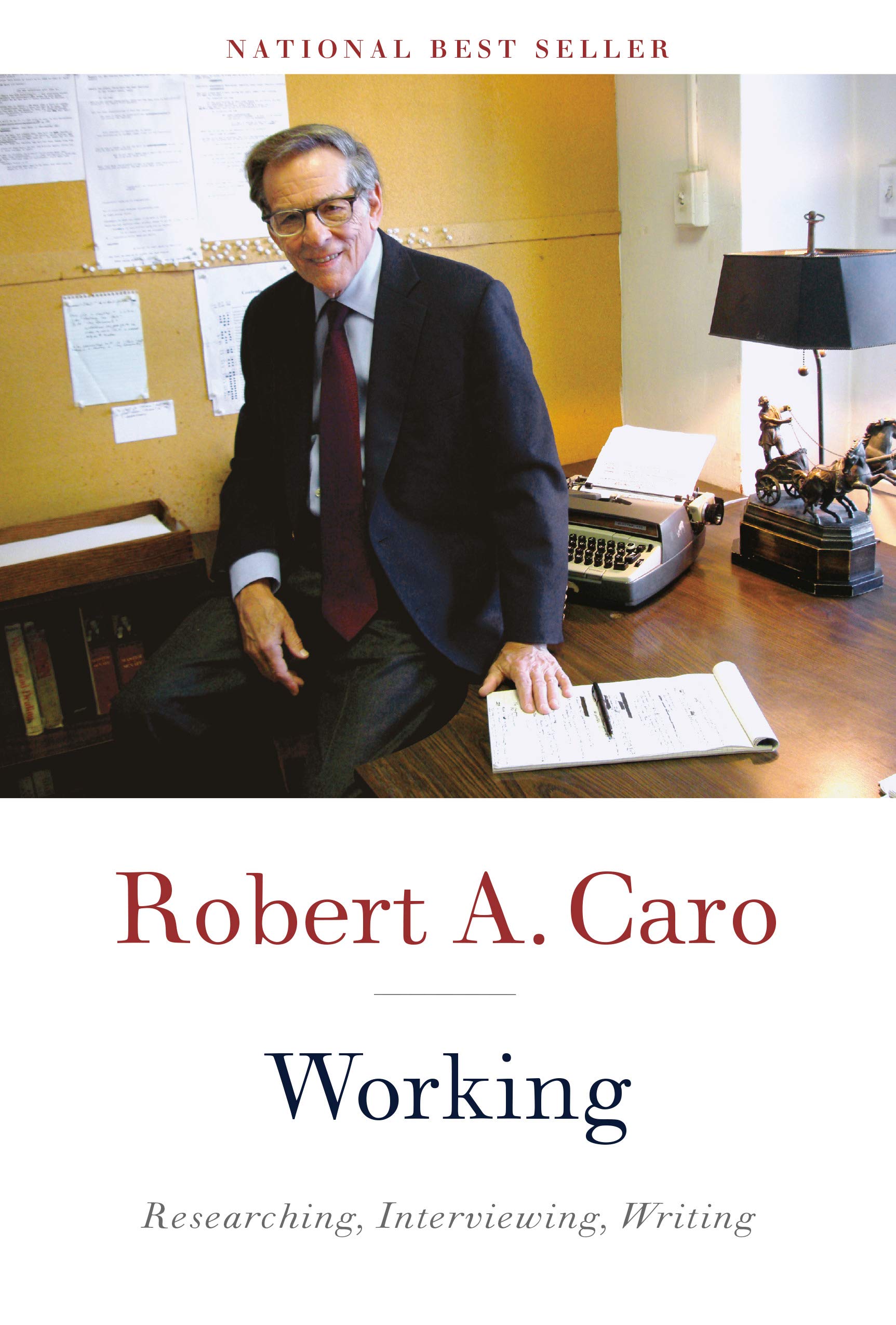Over the past three weeks, as I’ve become intimately familiar with the lovely yet lonely four walls of my Cambridge bedroom, I’ve been mourning the sudden loss of what was the most transformative part of my HKS experience: you.
I think what I miss the most is the casual run-ins. I’ve missed catching up in the cafeteria line with a professor; the coffee plans that came from a chance encounter on the social steps with someone from class I wanted to know better; that I could ask my cohort WhatsApp group for Advil and someone would drop it in my lap within minutes. I miss the rushed meet-up with a friend or a crush in those hectic 15 minutes between class to exchange a snack or a story or even just a hug. I even miss the library and all the friendships we built in those deliriously tired moments on the chairs just outside its doors, when whoever was walking by would seamlessly join in the silly banter.
The casual friendliness and unexpected joy of these run-ins built the web of interdependence that defines our HKS community, and it’s what I am now craving. But to my delight, I’ve found there are still ways to continue this: I get my fix when I am assigned to a Zoom breakout room with someone I wanted to get to know—or better yet, a close friend who is now across the world or just isolating down the street. Retired WhatsApp groups from some event long ago have re-awakened and stayed active with ridiculous pictures capturing life in quarantine. The Zoom birthday parties! And everyone is downloading apps (like Houseparty or Marco Polo) that encourage random interaction. The comfort of seeing these familiar faces, so close yet so far, has rejuvenated me and reminded me that it wasn’t the physical space that was bringing us together.
And then I had another unexpected encounter: an HKS friend sent me a book. It arrived one rainy day on my doorstep – a delightful surprise from the outside world. Every night since, it has provided me with a peaceful 30 minutes of escape before bed. Physically alone in my room, yet socially connected through a book to a friend who now lives on the other side of the country.
I turn to books in times of stress. There’s nothing like diving into another person’s life when you’re worried about your own; we can’t leave our homes but we can be transported through our books.
Craving more encounters, I asked our professors and classmates to share what books are bringing them comfort. This list provides a selection of whatever you need: inspiration, poetry, fiction, feel-good, mourning.
If you’re ordering books, try and support your local independent bookstore. Bookshop is an online bookstore that is supporting independent bookstores. Select a bookstore you’d like to support. Happy reading!
Professor Tim McCarthy:
In these uncertain and unprecedented times, where physical distancing is now a mandate, I am reading as much as possible—to educate myself, to stay engaged in the world, and also to escape it whenever I need to do so. Right now, I’m reading the late Toni Morrison’s The Source of Self-Regard: Selected Essays, Speeches, and Meditations (2019), and I find myself elevated by her unrivaled eloquence and uncompromising truth.
I’ve also been revisiting interviews from the ACT-UP Oral History Project—the visionary video archive created by my friends Sarah Schulman and Jim Hubbard—to remind myself of the prophetic wisdom and persistent activism of my queer siblings who endured the terror of the AIDS epidemic with fabulous love and fierce resistance. Life and death are always intertwined, and these two sources are wellsprings of inspiration for me right now.
Professor Erica Chenoweth:
My recommendation is “Hope in the Dark: Untold Histories, Wild Possibilities” by Rebecca Solnit. It’s a timeless piece of writing that recovers the incredible moments of strength and creativity that can emerge in times of crisis. Solnit is masterful in helping us to see how ordinary people have always met unexpected challenges by working together for mutual aid, common purpose, and political transformation. This message is eternal, but it’s especially relevant to the current moment. As an added bonus, she’s a terrific writer, and it’s a quick read that you’ll want to return to again.
Professor Zoe Marks:
Mirrors: Stories of Almost Everyone, Eduardo Galeano: If you’re looking for safe harbors or at least literary lighthouses of humanity, Eduardo Galeano’s Mirrors. It’s really unlike any other book I’ve read and I’ll probably pull it out tomorrow to look for some gems to keep things in perspective. It’s the history of the world, all in tiny vignettes.


Professor Jeffrey Seglin:


The fourth is the pick-up-and-put-down-regularly book. It’s a copy of the first volume of Mary Oliver’s New and Selected Poems. Her “The Summer Day,” which ends with the lines, “Tell me, what is it you plan to do/with your one wild and precious life?” slays me every time.
Sakina Haider, MPP2:

Bonus, from me:

The Citizen is the independent, official newspaper of the Harvard Kennedy School. Sign up for our mailing list here so you never miss an article.
Our mission is to seek the full truth on university and community affairs. In doing so, we challenge assumptions and spark meaningful dialogue on the identity and ideals of HKS. We strive to help the school achieve its own goal: allow people to leave safer, freer, and more prosperous lives.
If you are interested in contributing to The Citizen, send us an email at the_citizen@hks.harvard.edu.






